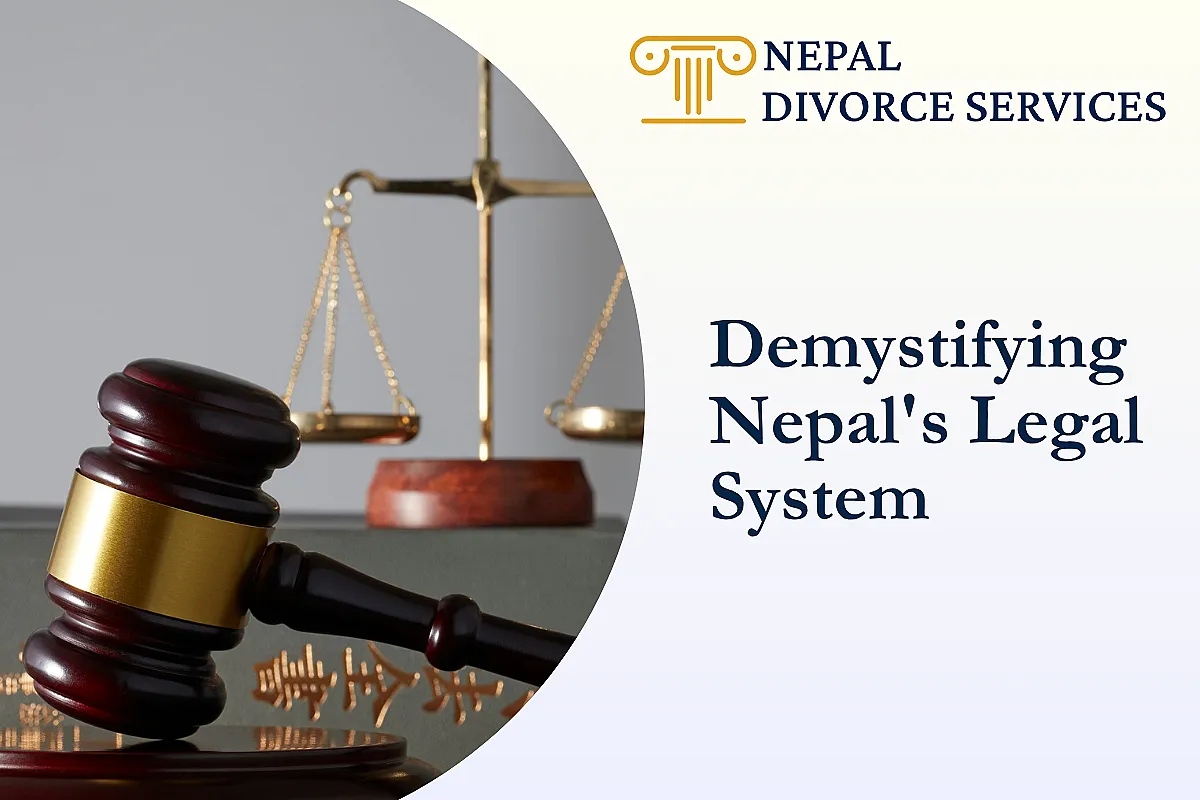Tag : Nepal Legal System
Divorce Law in Nepal: Legal Process, Child Custody, Alimony & Property
Divorce in Nepal is governed by the Muluki Civil Code 2017, which ensures that legal procedures for separation, property division, child custody, and alimony are followed. This guide covers the step-by-step process of filing for divorce in Nepal, explaining the differences between mutual and contested divorce. Learn about financial settlements, the legal grounds required, and the rights of women and children post-divorce. Whether seeking legal separation due to domestic violence, infidelity, or irreconcilable differences, this comprehensive guide provides key legal insights for those navigating the complexities of divorce in Nepal. Get informed on your rights and the legal process to move forward.
How to Choose the Right Lawyer for Your Case
If you are facing a legal issue or dispute, you may need to hire a lawyer to represent your interests and help you achieve a favorable outcome. However, finding the right lawyer for your case can be a daunting task, especially if you are not familiar with the legal system or the different types of lawyers available. How do you know which lawyer is qualified, experienced, and trustworthy? How do you compare different lawyers and their fees? How do you communicate effectively with your lawyer and ensure that they understand your goals and expectations?
Demystifying Nepal's Legal System
Demystifying Nepal's Legal System is a challenging but rewarding topic. According to my search, Nepal's legal system is a civil law-based system, which means that laws are derived from written statutes rather than judicial decisions. However, Nepal's legal system also has some elements of common law, such as the practice of case laws or precedents. The Nepali legal system has been influenced by various sources, such as the Napoleonic Code, the Hindu philosophy, and the English common law.
Litigation in Nepal: Writ Jurisdiction
This article delves into the writ jurisdiction in Nepal, highlighting its role in protecting individual rights. It covers the five types of writs available—Habeas Corpus, Mandamus, Certiorari, Prohibition, and Quo-warranto—along with the conditions under which they can be issued. Additionally, it provides insights on how individuals can file writ petitions, including on behalf of others, and discusses the importance of these legal instruments in ensuring justice and accountability in governance.




